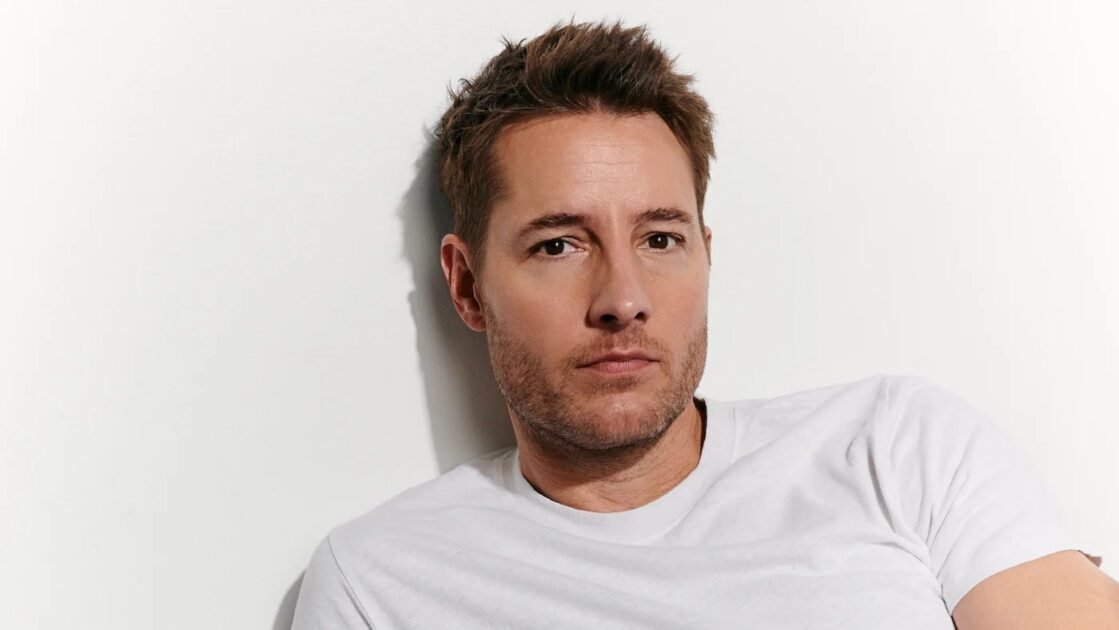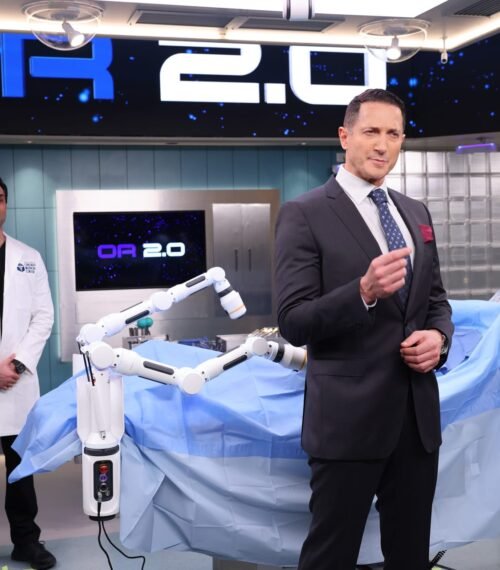In a television landscape saturated with flashy effects and convoluted plotlines, Tracker has carved out its own lane — one defined not by excess, but by clarity, emotional resonance, and an unfiltered embrace of traditional masculinity. At the center of it all is Justin Hartley, whose portrayal of Colter Shaw gives viewers a rare kind of hero: emotionally intelligent, morally grounded, and proudly, unapologetically masculine.
Speaking to Men’s Journal, Hartley revealed the deeper philosophy behind the character that’s captured audiences’ attention since the show’s debut. “He’s not just a guy. He’s a man,” Hartley emphasized. “Colter doesn’t apologize for his masculinity — and I think that’s exactly what people are looking for right now.”
Unlike many modern TV protagonists who fall into either hyper-stoic archetypes or overly self-aware satire, Shaw exists in a carefully crafted middle ground. He’s a man’s man — but not in the brash, domineering sense. Instead, he’s measured, thoughtful, and intuitive. In every episode, Shaw solves a new mystery, typically locating missing persons under high-stakes circumstances. But it's his ability to read people — not overpower them — that makes him a standout.
“If you ask yourself what kind of male friends you truly value, Colter’s the kind of guy who’d make the list,” Hartley said. “He listens. He understands. He wants to get to the root of why people do what they do.”
Tracker is adapted from Jeffrey Deaver’s 2019 thriller novel The Never Game, and while the series includes a running mystery involving Shaw’s father, most episodes follow a clean, procedural format. This structure — increasingly rare in an age of binge-worthy arcs and cliffhanger dependency — is a deliberate creative decision, according to Hartley and executive producer Ken Olin.
“We set out to create a throwback — but with a modern edge,” Hartley explained. “We wanted the show to evolve, but still have that satisfying episodic feeling. Colter changes, he grows. He’s not the same man every week, and that’s what makes the show click with viewers.”
That evolution is a subtle but critical part of Tracker’s appeal. While each case resolves within an episode, Shaw’s personal development runs quietly in the background, giving viewers both the comfort of self-contained stories and the reward of long-term character arcs.
Comparisons to Reacher — Amazon Prime’s similarly rugged adaptation of Lee Child’s Jack Reacher novels — have inevitably surfaced. But Hartley welcomes the comparison. “I’m not sure we’re in a Renaissance for this type of show,” he admitted, “but the audience is clearly there. Look at Reacher. It’s more serialized, but the DNA is similar. People want heroes. They want someone to root for.”
What sets Tracker apart, however, is the nuance behind its tough exterior. Colter Shaw may be rough around the edges, but he’s never reckless. He’s authoritative, but not arrogant. Assertive, but deeply empathetic.
“He’s not throwing tables or screaming to prove something,” Hartley said with a chuckle. “Being a man doesn’t mean you need to dominate the room. It means you understand it. That’s who Colter is — someone who observes, reflects, and then acts with clarity.”
This kind of masculinity — stripped of pretense but full of purpose — resonates with viewers who are increasingly hungry for characters that feel both strong and human. In Shaw, audiences have found someone they can admire not just for his physical courage, but for his emotional integrity.
Hartley’s performance is central to this dynamic. Known previously for his role in This Is Us, he brings both gravitas and vulnerability to Shaw. The result is a lead character who feels refreshingly grounded in a genre that often leans into the extreme.
As Tracker heads toward its highly anticipated third season, Hartley and the creative team remain committed to the show’s core principles: self-contained storytelling, meaningful character growth, and a lead who embodies a richer, more nuanced form of masculinity.
“The show is a throwback,” Hartley said. “But it’s also a step forward.”
In a time when so much of television is defined by spectacle and shock, Tracker quietly asserts that storytelling built on character — and a protagonist unafraid to be a man in the fullest sense of the word — still has a powerful place on our screens. And if Colter Shaw’s journey is any indication, that place is only getting stronger.













































































































